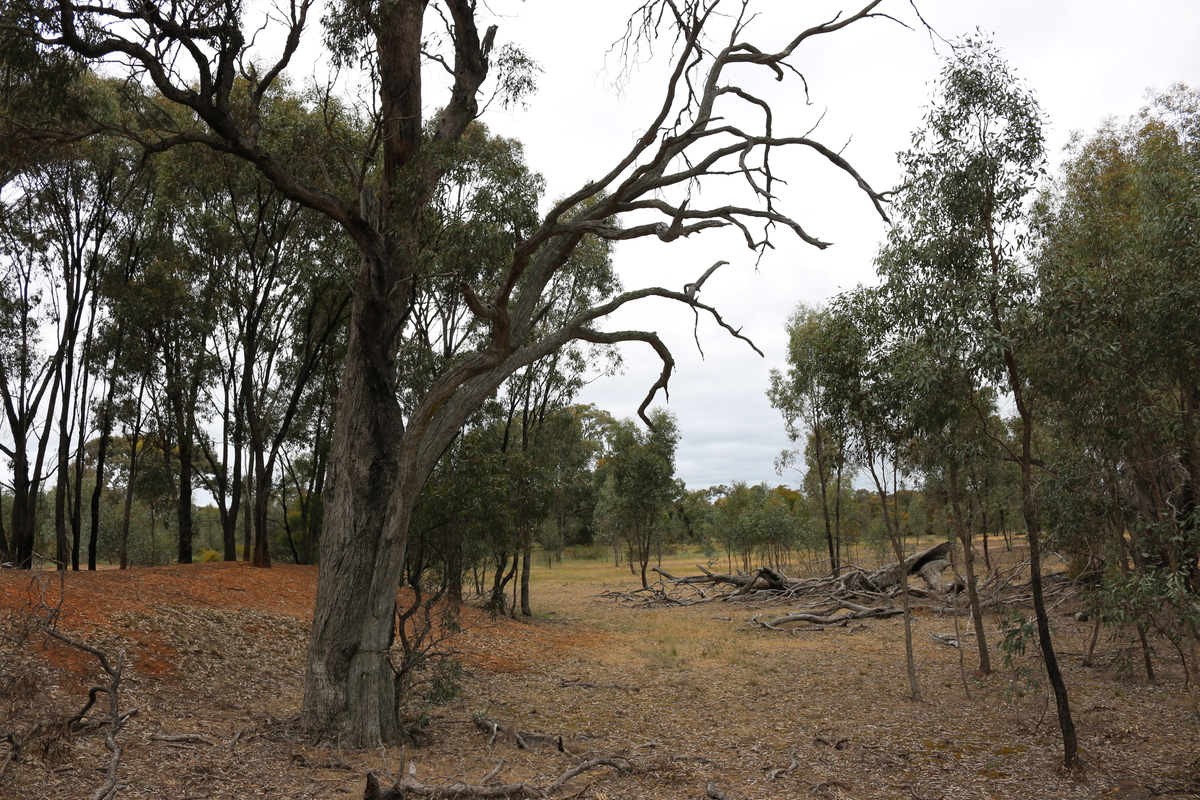It’s difficult, in 2019, to find much good news when it comes to the climate crisis. But if we only ever focus on the negative, what chance do we really have of ever moving forward?
It was for this reason that Australian filmmaker Damon Gameau (you may remember him from That Sugar Film) decided to tackle his latest film: 2040. Four years in the making and “an exercise in fact-based dreaming”, as he puts it, 2040 highlights sustainable and regenerative initiatives around the world that might just have the potential to save our (plant-based) bacon.
We caught up with Damon to find out more about the movie, about his vision for the future, and whether or not he really thinks we can turn this ship around. Here’s what he taught us.
We can get there, actually
“[My hope] fluctuates on a daily basis, depending on what’s happening at any given moment. It can be hard not to feel hopeless at times. But I don’t dwell too long on that. I acknowledge it, and I think it’s important for us all to feel the reality of what’s going on, because once that’s been accepted it clears the space for us to focus on solutions.
“Of course I don’t know if we’re going to get there, but what I do know is that we can get there, and that’s something I didn’t know four years ago. I think there’s this nihilism creeping in, because we’re not being exposed to the solutions.”
It’s time to get solutions-focused
“[With 2040], I thought it was time to highlight some of the solutions. It felt like the right time to shift the spotlight on to people who aren’t being paralysed by fear, and who are rolling their sleeves up and making good things happen.
“I call 2040 an ‘exercise in fact-based dreaming.’ It’s about the possibility for discussion – unless we show people what it might look like on the other side of this crisis, we’re not going to get them to move forward. And when people get fearful, they lean towards authoritarian leaders, build walls, all the rest of it – that’s the danger for the alternative 2040.”
Fear is contrary to our goals
“I spoke to an environmental psychologist very early on in the film, and that was one of the main things she talked about. When the only information you get makes you feel fearful, it shuts down the parts of your brain that help you think creatively and problem solve. It’s important we get through that..”
“Constantly banging people over the head with how bad things are is disengaging. It’s paralysing, and people are disconnecting and thinking, “Well, what can I do about it anyway? I’m just going to keep living my life. It is what it is.” I think that’s a dangerous place to be in.”
There’s no time for eco-shaming
“You can see it happening everywhere. People are very quick to score moral points. On social media, we’re really quick to call people out and chastise them for not doing the right thing, or not being full of 100% integrity. That’s just stupid and dangerous. We’re humans. We’re fallible. We’re complicated and messy – no one can do it perfectly.
“I mean, I made a film, I flew around the world, I’m burning carbon – I’m guilty. Lots of our jobs, and our daily routines, will be burning carbon. We’re still stuck in that system. But there’s that great meme going around at the moment saying that the inventor of the lightbulb did it by candlelight. You can’t help but design the next stage within the stage you’re in. The more we can acknowledge that, and understand that nobody is perfect, the faster we can move forward.”
The fat cats know what’s coming
“They all know that this transition is going to happen, so they’re just fighting for every last dollar than can from this current system. That’s why they’re kicking up such a fuss. They know.
“I’ve heard CEOs from massive international oil companies admit that they put a carbon tax on themselves a few years ago, because they knew this would happen, and they knew they’d need to put money aside to invest in the next phase. They can carry on with the denial – but they know, and they’re just playing this ridiculous game.”
“It’s not the cow, it’s the how”
“There’s not much nuance in the discussion at the moment. It’s either meat or no meat. I understand where that comes from, and a lot of the studies on cattle, for example, have been based on really intensive farming practices and feedlots and whatnot. But what else is emerging, which people need to learn about urgently, is these regenerative practices, where ‘it’s not the cow, it’s the how.
“When they’re carefully managed and rotated, and when they mimic ancient patterns of grazing animals across landscapes, they can actually pull huge amounts of carbon from the atmosphere. Of course it doesn’t mean everyone can keep consuming as much meat as we do, especially with our growing population, but animals can certainly play a role in regenerating our landscapes.”
Who run the world?
“There’s the role of educating girls and empowering women. Obviously that’s something we should be doing anyway, but the impact that can have on the planet is huge. As we say in the film, there are 100 million girls around the world who don’t get to complete their education – not just in poorer countries, but wealthier nations too.
“But when they’re taken out of school, they’ll have on average five children. If they complete their education, and have access to reproductive health services and work opportunities, that number of children comes down to two. The UN says that’s a difference of 1.1 billion people by 2050 – which would have an enormous impact on resource use and, obviously, climate change.”
Learn more about 2040 and create your action plan.
.webp)







